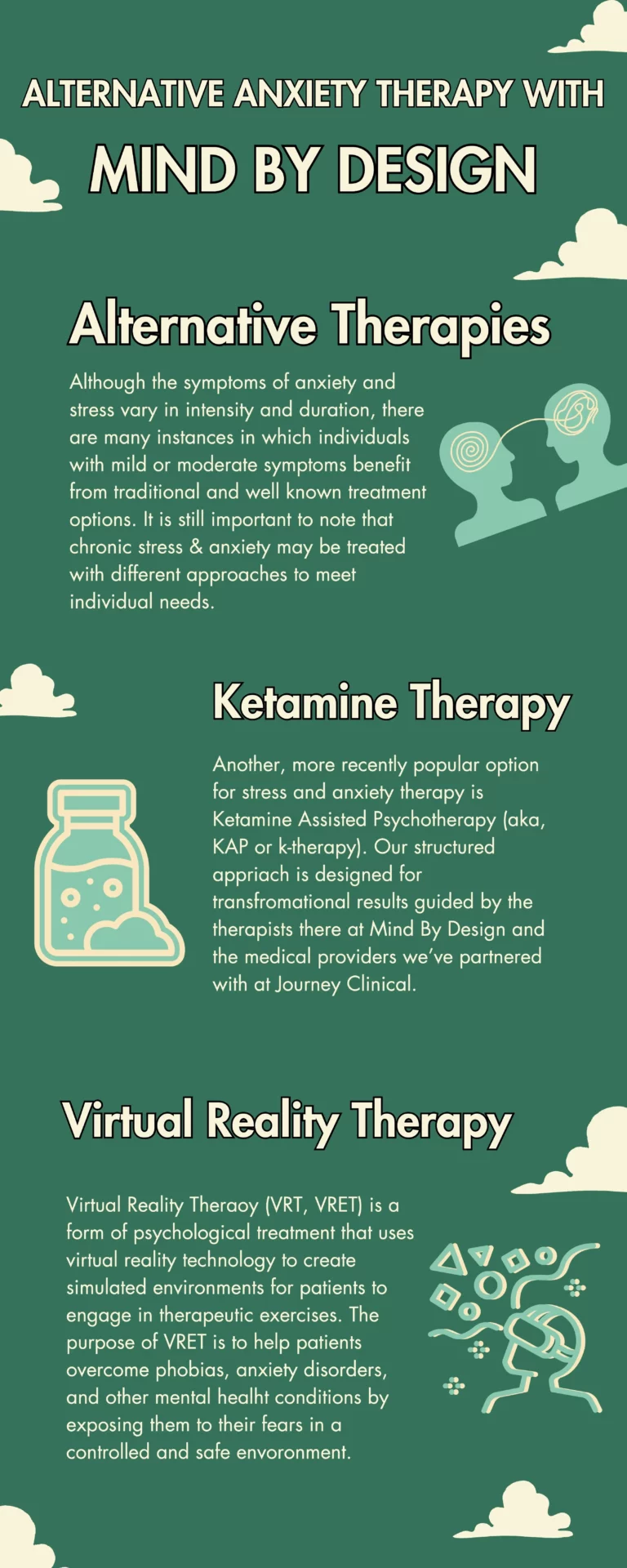4 Types of boundaries to improve Your relationships
Boundaries are the invisible lines that both unite and divide us. They’re our personal sentinels, guarding our space, emotions, thoughts, and possessions. It’s not about putting up walls; it’s about understanding and respecting our limits and those of others.You can improve your relationships by communicating your boundaries and listening to your partners.

Respecting Personal Space
The tangibility of physical boundaries makes them the most perceptible. They’re the bubble around us, dictating comfort in proximity and touch. For instance, choosing whom we embrace or how close someone stands to us are illustrations of these boundaries. However, while they protect personal space and enhance comfort, overly rigid physical limits may lead to perceived aloofness or hinder the development of intimate relationships.
Safeguarding Feelings
Emotional boundaries govern the impact of others’ feelings on our psyche. They help us assert our emotional needs and disengage from the emotional whirlwinds of others. For example, declining to shoulder someone’s emotional baggage epitomizes this boundary. These boundaries are quintessential for emotional self-preservation, yet too stringent a barrier might isolate us, preventing genuine emotional connections.
Respecting Thoughts &Ideas
Our thoughts, our ideas — they’re uniquely & privately ours, and having intellectual boundaries ensure they’re respected. These boundaries manifest when we prevent others from belittling our ideas or when we disagree respectfully. They encourage intellectual autonomy and stimulate constructive discourse. Nevertheless, an overemphasis on these boundaries might thwart open-minded discussions, limiting personal growth and understanding.
Financial Boundaries
(yes, you can Improve Your Relationships by talking about money!)
In a world often defined by materialism, material boundaries are crucial. They delineate how we use our possessions and manage finances in relationships. Lending items with clear conditions or not sharing financial resources without agreement are examples. While they safeguard against exploitation and promote financial health, excessively tight material limits could potentially hinder the spirit of generosity.
Final Thoughts
Boundaries, in their essence, are the ultimate balancing act. They’re not static, nor are they one-size-fits-all. Understanding the flexibility and importance of different limits becomes pivotal. They’re the blueprint of our peace and foundation of our relationships.
What to do next
Energized by the prospect of stronger, healthier interpersonal relationships? Let’s continue this journey of personal growth together!
FAQ's about therapy at Mind by Design
How do I get started as a new client?
New Clients can reach out to us directly via call, text or email here:
What is your cancellation policy?
We ask that clients provide at least 24 hours notice in the event that they need to cancel to avoid the 50% cancellation fee. we understand that life happens and do our best to be flexible & reschedule.
Does my insurance cover my visits?
We provide”Courtesy Billing” for clients who are using the Out-of-network insurance benefits.
Our Insurance Page shares a small blurb about Why We Left Insurance Panels
Do you offer traditional talk therapy?
of course! though we have some unconventional therapy approaches, we are rooted in evidenced based practices. Talk therapy is a major player in the therapy room! See What we Treat and Integrative Services for more information
Is Online Therapy As Effective As In-Person Therapy?
Online therapy is essentially face-to-face counseling, just conducted remotely. Studies show that teletherapy is as effective as traditional counseling. Professional organizations and state governments recognize its benefits and have set regulations for it. However, like any therapy, its success in achieving your goals isn’t guaranteed. It’s important to discuss with your therapist whether teletherapy is working for you.
Can I Change Therapists If I'm Not Happy?
Yes, you can switch therapists to another provider within the practice, or we can provide you a referral if preferred. We want to ensure that your time and effort are well spent, and that you are getting the relief you need, that’s why we work collaboratively with each other in the practice, as well as outside therapists who we know and trust.
How Do I Know If Therapy Is Helping?
You should feel like you’re making progress. Signs it’s working include:
Feeling comfortable talking to your therapist
Your therapist respects boundaries
You’re moving towards your goals
You feel listened to
You’re doing better in life
Your self-esteem is getting better
Is Online Therapy Easy to Use for Non-Tech-Savvy People?
Yes, it’s pretty simple to access sessions. You’ll need basic internet skills, such as opening and visiting the patient link sent to you via email. It’s similar to video chatting like Facetime or Zoom. We can also walk you through it on the phone the first time to ensure a strong connection
What Questions Should I Ask My New Therapist?
Feel free to ask anything. Some good questions are:
- How often will we meet?
- What do you specialize in?
- What experience do you have with my issue?
- What outcomes can I expect?
- How will I know I’m progressing?
- How long do you usually work with clients?
- How will we set my treatment goals?
How Should I Prepare for My First Session?
Showing up is all that you need to do! But if you really want to get the most out of session, it could help to take some time to think about what you want from therapy. It helps to write down your goals, questions you have or things that you feel are important to share.
What is the difference between associate therapists & fully licensed therapists?
Our Qualifications:
Our founder, Rebecca Sidoti, is a highly qualified, state-licensed therapist and supervisor with extensive training in anxiety related disorders and innovative treatment such as Ketamine Therapy. Mind by Design Counseling adheres to standards set by the our governing counseling boards.
To see each providers credentials, training and licenses, visit our “Meet the Therapists” Page to learn more.
- LAC/LSW are therapists who may practice clinical work under the supervision of a fully licensed therapist.
- LPC/LCSW are therapists who have completed the necessary clinical hours post-graduation under supervision and can practice clinical work independently.
What Geographic Areas Are Served?
Currently, we serve clients in New Jersey and are expanding to other states as telehealth laws evolve. While telehealth offers the convenience of attending sessions from anywhere, state laws require clients to be in-state during their session.
Is Virtual Counseling Suitable for Everyone?
Online therapy might not be as effective for individuals with chronic suicidal thoughts, severe trauma, significant mental health history, or those recently in intensive care. Such cases often benefit more from traditional, in-person counseling. We’ll help you decide if our online services are right for you during your intake and evaluation.
What Equipment is Needed for Online Therapy?
To join a session, log in using the credentials we provide. No downloads are needed. Our platform, compatible with both individual and group sessions, requires:
A computer or mobile device with a webcam and internet access.
We’ll help you test your setup before your first appointment to ensure a reliable connection. iOS users should use the Safari browser for mobile and tablet sessions.
What Questions Will Therapists Ask Me?
It depends on your goals. Expect questions about your thoughts, feelings, relationships, work, school, and health. They’ll ask to understand your therapy goals.
How Do You Keep Client Information Secure?
Security and Confidentiality of Sessions:
Your privacy is crucial to us. We use TherapyNotes, a HIPAA-compliant platform, ensuring secure and confidential teletherapy sessions. This platform’s security features include encrypted video connections, secure data transfers, and encrypted databases, ensuring your information is safe at all times.
What is VRT used for?
we use VRT to support Exposure Therapy, a long standing traditional therapy modality to treat phobias, anxiety and stress. we send a headset directly to your home so you can access VRT from anywhere.
VRT not only helps with exposure therapy for phobias, but is great for ADHD, mindfulness, PTSD and social anxiety.



